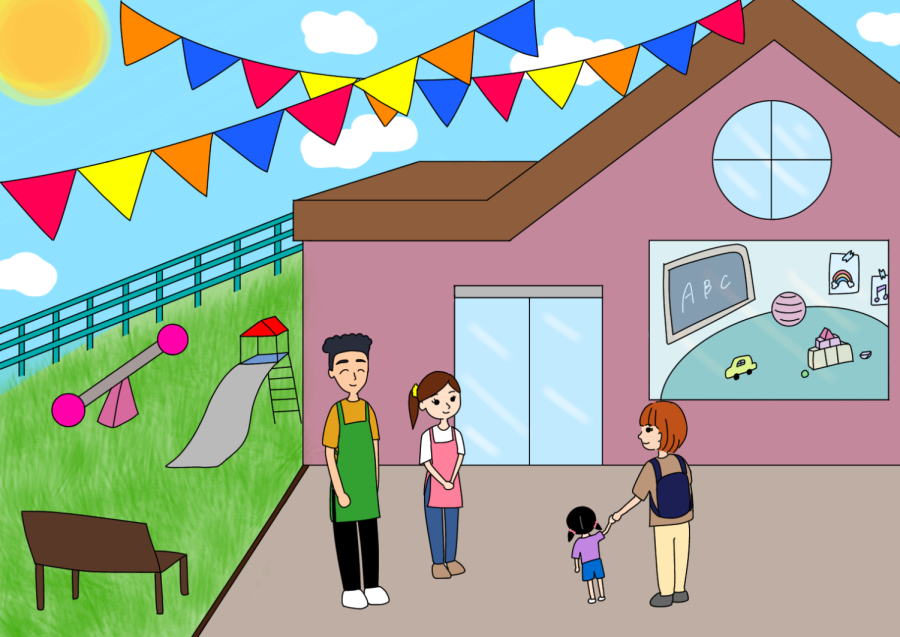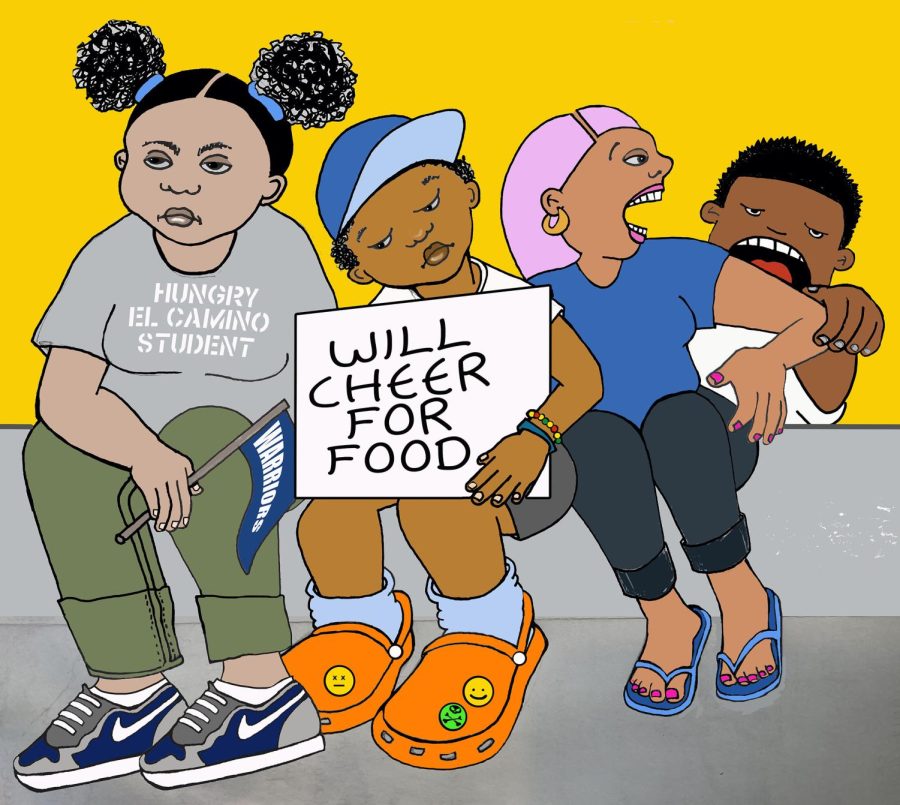As a sea of violins gently crescendos and decrescendos, the EC Symphony Orchestra brings 25-year-old Nicholas Sobko’s composition to life. The music composition major will be premiering his third orchestral suite titled, ” The Children’s Quest” at 3 p.m. Sunday at the Marsee Auditorium.
“When I look for inspiration or ideas, I try to remember certain scenarios and draw from life experiences. I was reminded of my childhood and playing in the backyard when I started this project, ” Sobko said.
The 30-minute piece includes five movements with a central theme revolving around children’s fantasy adventures. Sobko describes the first movement as playful and bouncy and paints an image of children delving into adventures. The second movement, Sobko’s favorite, involves a sleeping village.
“The second movement was one of those things where you write a piece that a lot of people seem to like so you like it too. It stuck out the most and slow pieces are usually easier to write,” Sobko said.
The preceding movements go on to explore a carnival by the sea and an enchanted castle, Sobko said.
Not a stranger to music, Sabko’s parents both played guitar and his grandfather is a professional violinist. Being exposed to music early on, he began his musical journey with the piano at age 5 and moved on to the saxophone by the fourth grade.
“My brother tried out the saxophone and wasn’t really into it. So I doodled on it and found I had a natural ability,” Sabko said.
In high school, Sobko ventured on to clarinet, oboe and flute and picked up the English horn and bassoon in college.
“I would constantly hear music in my head and I would start writing and making ways to make someone else’s work better,” he said.
He began composing music in junior high after being heavily inspired by “Final Fantasy” composer Nobuo Uematsu.
“I wanted to write music just like him and started hearing music orchestrated in the way that he does it,” Sabko said.
He was honored with his first professional orchestral debut of a 25- minute operetta he composed titled “Vero Amoure” in 2007. A fellow student suggested Sabko’s piece to the symphony director of the Tokyo Music Symphony, Sabko said.
“I translated the piece, which was originally in Italian, to Japanese. The audience really enjoyed that it was in Japanese because they’re usually in Italian or French,” Sabko said.
Sobko has been accepted to the California Institute of the Arts and Peabody Conservatory. He plans on earning a bachelor’s degree in composition, a doctorate in music education and a master’s degree in conducting, but hasn’t decided where.
“Wherever my music takes me is where I’m going to end up. As long as I’m writing, I’ll be happy,” Sobko said.





